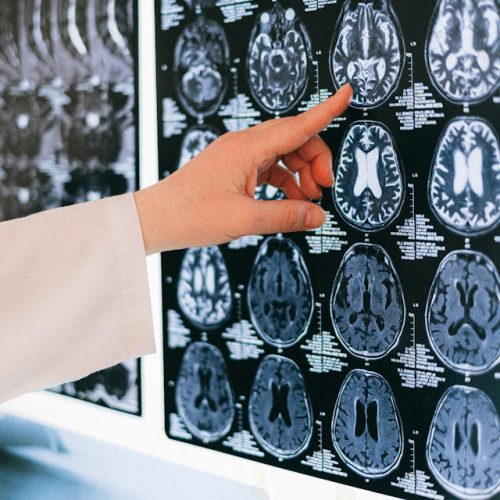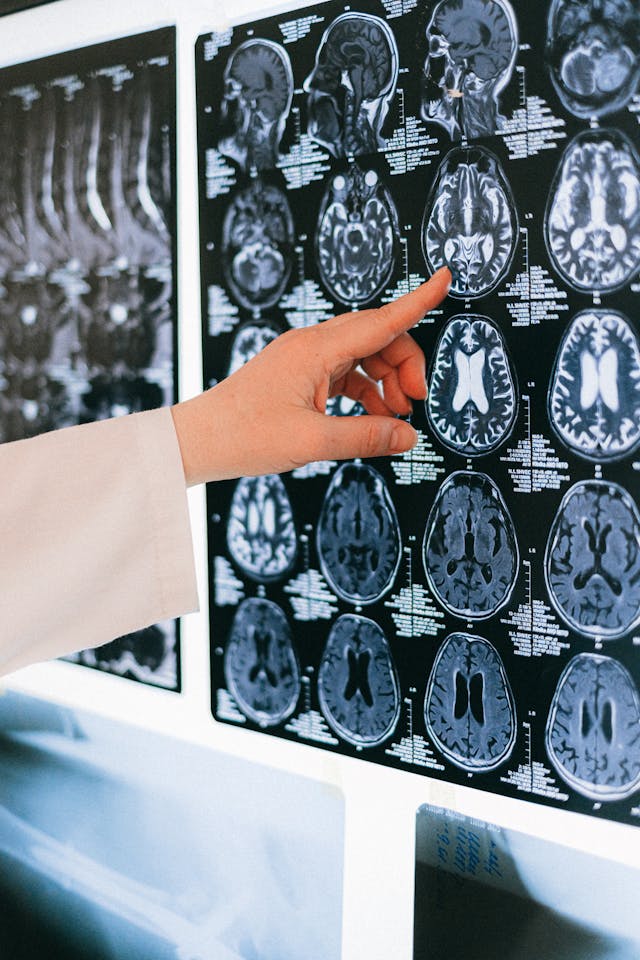Blood pressure, the force of blood pushing against the walls of the arteries, is a vital indicator of cardiovascular health.
Both high blood pressure (hypertension) and low blood pressure (hypotension) can lead to various health complications. Interestingly, blood pressure abnormalities are also linked to mental health issues, including depression.
This article explores how blood pressure can influence depression, detailing the symptoms and signs, causes and risk factors, diagnosis, treatment options, prevention tips, and advice on discussing potential blood pressure-related depression with your doctor.
Symptoms and Signs
Abnormal blood pressure levels can lead to a variety of symptoms, some of which directly affect mental health. These symptoms include:
Physical Symptoms
- Headaches: Frequent headaches can be a sign of both high and low blood pressure.
- Dizziness: Feeling lightheaded or dizzy, especially when standing up suddenly.
- Fatigue: Persistent tiredness and lack of energy, which can affect daily functioning.
- Chest Pain: Discomfort or pain in the chest area.
- Palpitations: Noticeable heartbeats that are fast, pounding, or irregular.
- Shortness of Breath: Difficulty breathing, especially during physical activities.
Psychological Symptoms
- Depression: Persistent feelings of sadness, hopelessness, and lack of interest in activities once enjoyed. This symptom is influenced by the physiological and psychological stress of managing abnormal blood pressure.
- Anxiety: Increased feelings of worry and fear, which can exacerbate depressive symptoms.
- Irritability: Increased irritability and mood swings.
- Cognitive Impairment: Difficulties with memory, concentration, and decision-making.
Causes and Risk Factors
Several factors can contribute to blood pressure abnormalities and the development of depression:
- Genetics: A family history of hypertension or hypotension can increase the risk.
- Lifestyle Choices: Poor diet, lack of physical activity, smoking, and excessive alcohol consumption can influence blood pressure.
- Chronic Stress: Prolonged stress can elevate blood pressure and contribute to mental health issues.
- Medical Conditions: Conditions such as diabetes, kidney disease, and sleep apnea can affect blood pressure.
- Medications: Certain medications, including those for blood pressure, can have side effects that impact mental health.
Diagnosis
Diagnosing blood pressure-related depression involves a combination of medical history review, physical examination, and diagnostic tests. Key diagnostic steps include:
- Blood Pressure Monitoring: Regular monitoring to detect hypertension or hypotension.
- Psychological Evaluation: Assessing mental health through questionnaires and interviews.
- Blood Tests: To rule out other medical conditions that may cause symptoms.
Treatment Options
The treatment for blood pressure-related depression involves addressing both blood pressure and mental health issues. Treatment options include:
- Medications: Antihypertensive or antihypotensive medications to manage blood pressure, and antidepressants to address depression.
- Lifestyle Changes: Adopting a healthy diet, regular exercise, quitting smoking, and reducing alcohol intake.
- Stress Management: Techniques such as mindfulness, meditation, and therapy to manage stress.
- Psychotherapy: Cognitive-behavioral therapy (CBT) and other forms of counseling to address depression.
These treatments can be highly effective in managing both blood pressure and depression. It is essential to follow a comprehensive treatment plan under the guidance of healthcare professionals.
Prevention
Preventing blood pressure-related depression involves maintaining a healthy lifestyle and managing risk factors. Tips for prevention include:
- Healthy Diet: Consuming a balanced diet rich in fruits, vegetables, lean proteins, and whole grains.
- Regular Exercise: Engaging in physical activities like walking, swimming, or cycling.
- Avoiding Smoking and Excessive Alcohol: Limiting these habits can improve overall health.
- Regular Check-Ups: Regular medical check-ups to monitor blood pressure and mental health.
Speaking to Your Doctor
If you suspect that blood pressure abnormalities may be contributing to your depression, it is essential to speak with your healthcare provider. Here are some steps you can take:
- Describe All Symptoms: Be sure to mention both physical and psychological symptoms.
- Request Specific Tests: Ask about blood pressure monitoring and mental health assessments.
- Discuss Treatment Options: Inquire about medications, lifestyle changes, and therapy options.
Disclaimer
This article is for educational purposes only, based on my research. I am not a doctor nor a health advisor. None of the information in this article should be considered without speaking with your primary care doctor first. Always consult with a healthcare professional for medical advice and treatment.








